A recent court ruling has sent shockwaves through the political landscape, as most of President Trump’s sweeping tariffs have been deemed illegal. The U.S. Court of International Trade delivered a decisive blow by freezing the extensive tariffs imposed on foreign nations, citing that they exceeded the president’s legal authority.
The court specifically targeted the 10% tariffs levied on virtually every U.S. trading partner during what was dubbed “Liberation Day.
” Additionally, it blocked another set of tariffs imposed on China, Mexico, and Canada by the Trump administration in response to concerns over drug trafficking and illegal immigration.
Global markets reacted positively to this development with rallies following the court’s decision. The justification for these tariffs was rooted in the International Emergency Economic Powers Act of 1977 (IEEPA), which grants certain powers to regulate imports during emergency situations. However, the court rejected this interpretation, emphasizing that such broad authority to set tariffs would be unconstitutional without clear congressional legislation.
“
The court does not read IEEPA to confer such unbounded authority… It sets aside the challenged tariffs imposed thereunder,
” stated the judges in their ruling. This move underscores a significant pushback against what some consider a presidential overreach in trade policy.
Legal experts have weighed in on this landmark decision. Law professor Ilya Somin from George Mason University highlighted, “
It’s great to see that the court unanimously ruled against this massive power grab by the President.” This sentiment echoes concerns about unchecked executive authority when it comes to setting trade policies.
Following this judgment, further legal battles loom as a federal district judge in Washington, D.C., also deemed Mr. Trump’s tariff orders unlawful under IEEPA. The ongoing debate centers around whether presidential powers extend to unilaterally imposing and adjusting tariffs without clearer legislative guidance.
White House spokesperson Kush Desai defended their stance stating that trade deficits with other countries have led to a national emergency harming American communities. This argument reflects broader narratives around protecting domestic industries and addressing perceived unfair trade practices through tariff measures.
Despite these challenges and legal setbacks, tariffs remain a cornerstone of President Trump’s agenda aimed at boosting domestic manufacturing and rectifying trade imbalances. While paused negotiations offer temporary reprieves from escalating tensions, they underscore deeper rifts in global economic relations.
As legal battles play out and political ramifications unfold, one thing is clear – decisions around trade policies carry far-reaching implications not just for businesses but also for broader geopolitical dynamics. The balance between executive power and congressional oversight continues to be tested amidst evolving global uncertainties surrounding international trade practices.



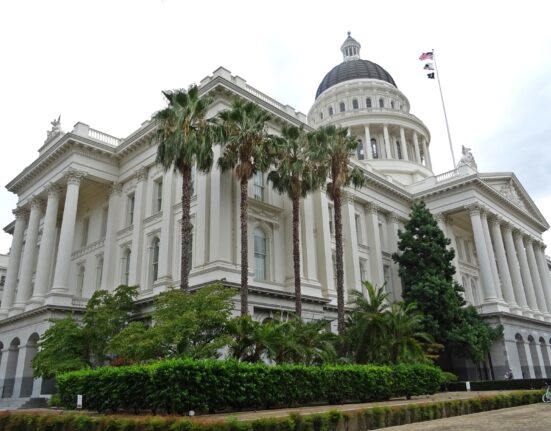
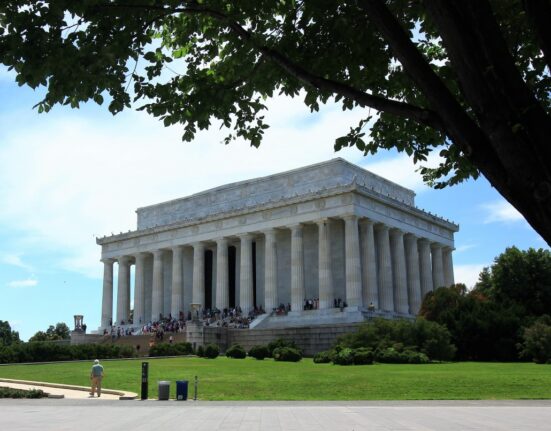
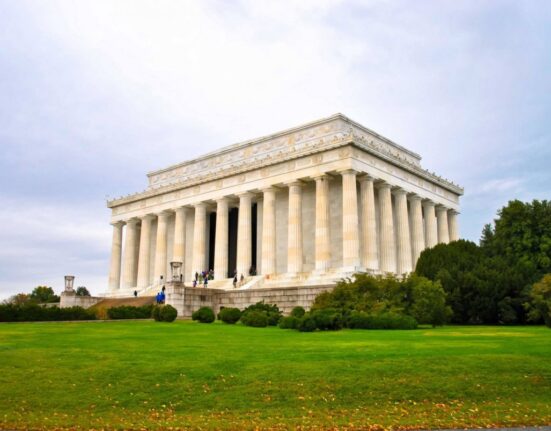
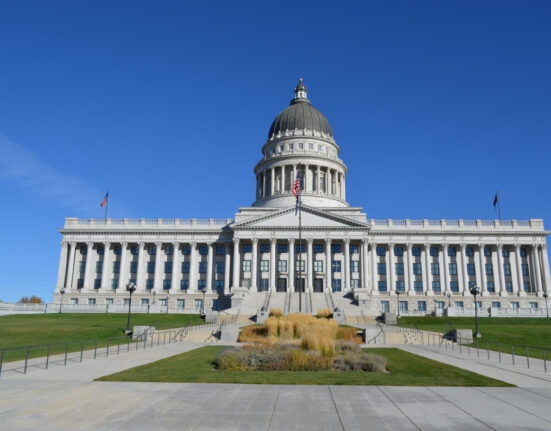
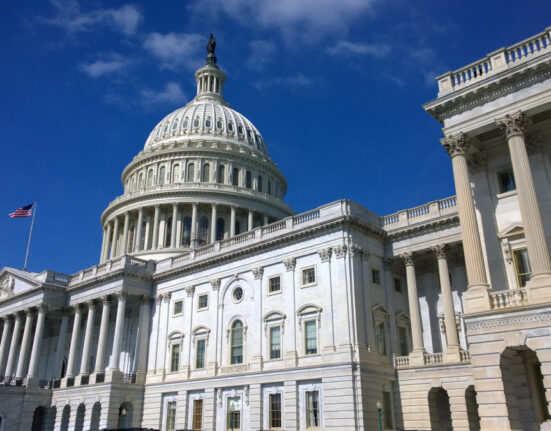

Leave feedback about this